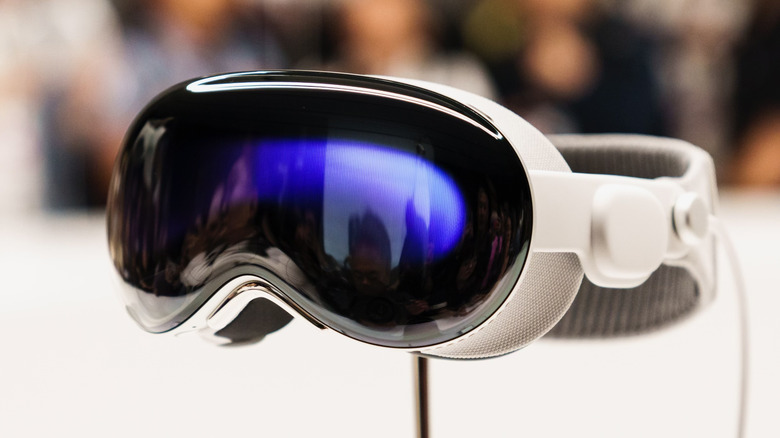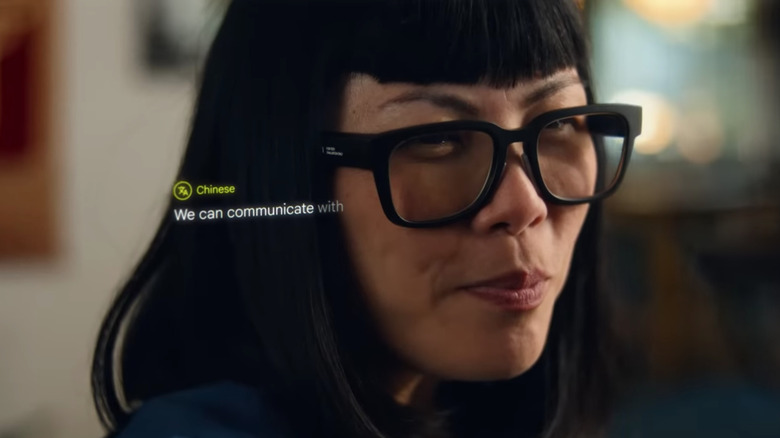Google's Latest Exec Loss Has Dire Implications For A Vision Pro Competitor
Google's collective augmented reality (AR) and virtual reality (VR) efforts have once again entered a sea of uncertainty. Merely days after it was reported that the highly-anticipated "Project Iris" AR glasses were shelved, a senior executive has now publicly announced their departure.
Mark Lucovsky, a Senior Director of Engineering at Google tasked with overseeing software development for AR/VR hardware, tweeted that he's leaving the company. And it appears that Lucovsky's departure has something to do with Google's uncertainty regarding its XR (a collective term for VR and AR) vision.
I have decided to step away from my role at Google, where I was Senior Director of Engineering, responsible for OS and Software Platform for AR and XR devices. The recent changes in AR leadership and Google's unstable commitment and vision have weighed heavily on my decision.
— mark lucovsky (@marklucovsky) July 10, 2023
"The recent changes in AR leadership and Google's unstable commitment and vision have weighed heavily on my decision," Lucovsky wrote. His exit comes in the wake of Google's AR and VR lead Clay Bavor leaving the company.
Lucovsky's previous employment history includes a stint at Microsoft, followed by a senior role at Meta where he worked on an in-house AR / VR operating system that could serve as an Android alternative. According to The Information, that project was eventually nixed after Meta worked on it for years.
Google hired Lucovsky in 2021 as part of Project Iris, assigning him the role of building the OS foundations. Project Iris glasses have already been demoed as an experimental project, and were supposed to serve as the spiritual successor to the ill-fated Google Glass, but those plans are now effectively dead.
Google's eyes are fixated elswewhere
While shuttering an ambitious project and losing high-profile executives is big news in itself, it's the timing of the tumultuous changes that are interesting. Apple's Vision Pro mixed reality headset will arrive early next year, and, if analysts are to be believed, it will inject fresh life into the XR hardware market.
Even though supply and technical challenges might shrink shelf availability, and the $3,500 asking price could also be a deterrent, bullish analysts predict that the Vision Pro would finally give the push that the XR industry always needed. It, therefore, seems odd that Google is apparently abandoning the XR ship at a crucial juncture and risks losing its competitive edge.
However, it looks like Google is just following in the footsteps of Meta here. Both companies have recently laid off thousands of employees, reorganized entire divisions, and shifted goalposts to focus on the latest money-maker in the market — Artificial Intelligence.
It seems that Google, just like Meta, is scrambling to catch up with the competition in the AI race. Microsoft has scored a sizeable lead with its billion-dollar investments in ChatGPT-maker OpenAI, while Google is also racing to put its Bard AI onto as many internet-connected devices as possible.
It's too early to predict who is eventually going to win the AI race. It would, nonetheless, be odd to see Apple lead the way in its very first attempt while Google abandoned years worth of cutting-edge XR research mid-way.

